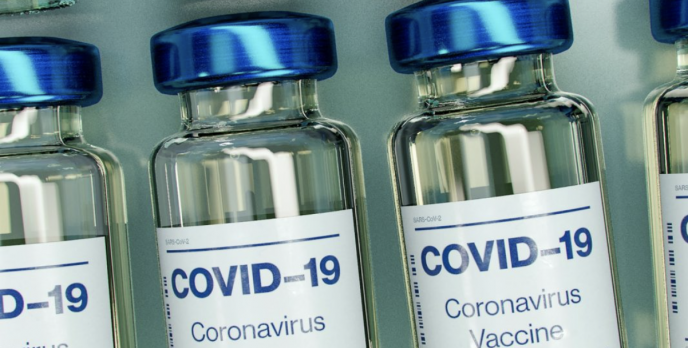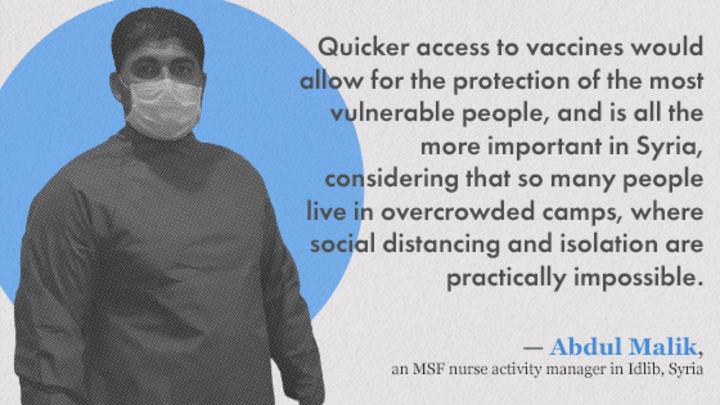Devex CheckUp: Vaccine diplomacy ... or vaccine dependency?

More than 20 million doses of various COVID-19 vaccines have been donated directly to 81 low- and middle-income countries, as part of rapidly growing vaccine diplomacy efforts, Senior Reporter Lisa Cornish has found. India and China have emerged as the biggest players, donating more than 7.8 million doses each.
How will the decision of the four countries that make up the Quadrilateral Security Dialogue, aka, the Quad — the United States, India, Japan, and Australia — to supply up to 1 billion coronavirus vaccines across Asia by the end of 2022 change that? Experts are saying China is likely to face some competition when it comes to vaccine diplomacy.
But countries with no production capacity find themselves in a vulnerable position. Pakistan is relying heavily on donations from China and COVAX, and without the infrastructure to carry out a vaccination campaign, it’s one of the first countries bringing in the private sector to sell inoculations at market rates — which is likely to increase disparity.
Meanwhile, Jenny talks to a small pharmaceutical firm in Vietnam which has started developing its own vaccine — and the company is willing to share data with other countries as Vietnam mulls using it for mass vaccination.
Former U.K. Prime Minister Tony Blair believes the African continent will not want to rely solely on international cooperation again in future pandemics. "It's very obvious that in a pandemic, every country is going to look at its own interests first," he tells U.K. Correspondent Will Worley in an exclusive interview.
It's one thing to secure vaccines, and another to ensure their efficient delivery. The World Bank's vaccine readiness assessments in 128 LMICs reveal only 30% have processes in place to train the COVID-19 vaccinators needed.
Newsmaker: Dr. John Nkengasong
As head of the Africa Centres for Disease Control and Prevention, Nkengasong has managed a series of seemingly impossible tasks over the past year. In this exclusive conversation with Reporter Sara Jerving, Nkengasong examines the challenges that lie ahead. Here’s more.
From the front lines
This week, we ask Abdul Malik, Médecins Sans Frontières’ nurse activity manager in Idlib, Syria, what would make your work during the COVID-19 pandemic easier?
In other news:
• PEPFAR will soon be discussing how to spend $4.5 billion to fight HIV/AIDS, but Senior Reporter Michael Igoe finds experts are worried that shortening the process from a week to two days at country and regional levels could limit participation and transparency.
• In the conflict-affected Tigray region of Ethiopia, MSF found 70% of 106 health facilities were looted, more than 30% were damaged, and only 13% were functioning normally — a clear violation of international humanitarian law.
• In Malawi, an ombudsman report found that almost 80% of the total funding allocated for the COVID-19 response was spent on staff allowances or benefits, sparking allegations of corruption.
What we’re watching
The decision by several European countries to suspend use of the Oxford-AstraZeneca vaccine over concerns that it may have caused blood clots in some recipients has led countries such as Indonesia and Congo to hold off in using the vaccine. Assessments are ongoing, but WHO and the European Medicines Agency said this week there is no evidence to date that the vaccine has caused the adverse events, and that vaccinations should continue.
What we’re reading
• Moderna begins Phase 2/3 trials of COVID-19 vaccine for children [NPR]
• Brazil appoints 4th health minister amid COVID-19 deaths surge [BBC]
• Government mistrust driving resistance to COVID-19 vaccines in Haiti [The New Humanitarian]


